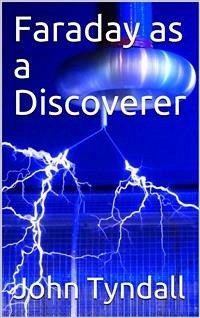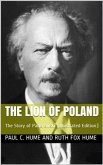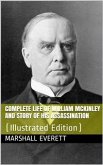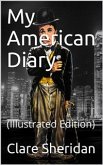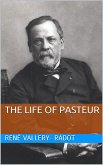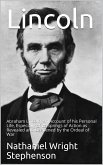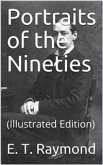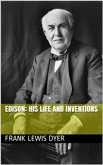An interesting glimpse of the life of one of history's greatest experimental physicists provided by a younger colleague. Faraday's discoveries provided the basis for much of the practical electric motor applications we have. It also provided key inputs to the theoretical work of James Clerk Maxwell whose equations assisted Einstein theoretical work and which he described as the work of preceding? genius whose shoulders he was standing upon. Pasteur and Faraday are two of the greatest scientists ever to have entered the Kingdom of Discovery. Yet their backgrounds could not be more dissimilar. The former completed his studies as a brilliant student. The latter interrupted his at the age of 13 to become a bookbinder apprentice, then an artisan before joining the illustrious Humphry Davy as his laboratory assistant at the Royal Institution in London. What did these men of genius have in common? First, a vivid imagination. " The universe and all life in it is asymmetrical" (Pasteur), " I could believe in the Arabian Nights as easily as in the Encyclopedia" (Faraday) They were incomparable experimentalists and would not cease their endeavours until they had verified and broadcast their findings and their intense scruitiny ensured that no unusal happening was ever missed. Each used simple equipment and often made his own items and by constantly changing their field of interest (Faraday physics and chemistry) they remained productive throughout life. Who better than John Tyndall, a contemporary and successor to Faraday, to describe the manner in which the latter made his discoveries. This book, first published in the nineteenth century deserves to be on the shelf of every young scientist who desires a hero and mentor. Michael Faraday as portrayed by Tyndall serves that role.
Bitte wählen Sie Ihr Anliegen aus.
Rechnungen
Retourenschein anfordern
Bestellstatus
Storno

